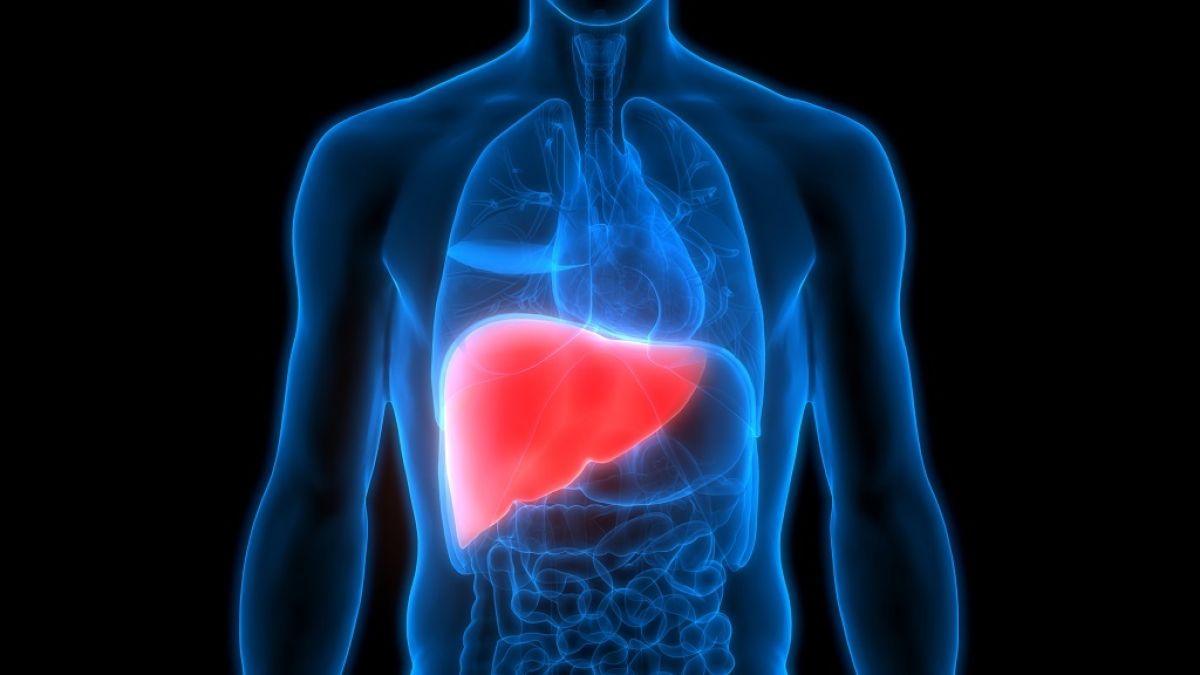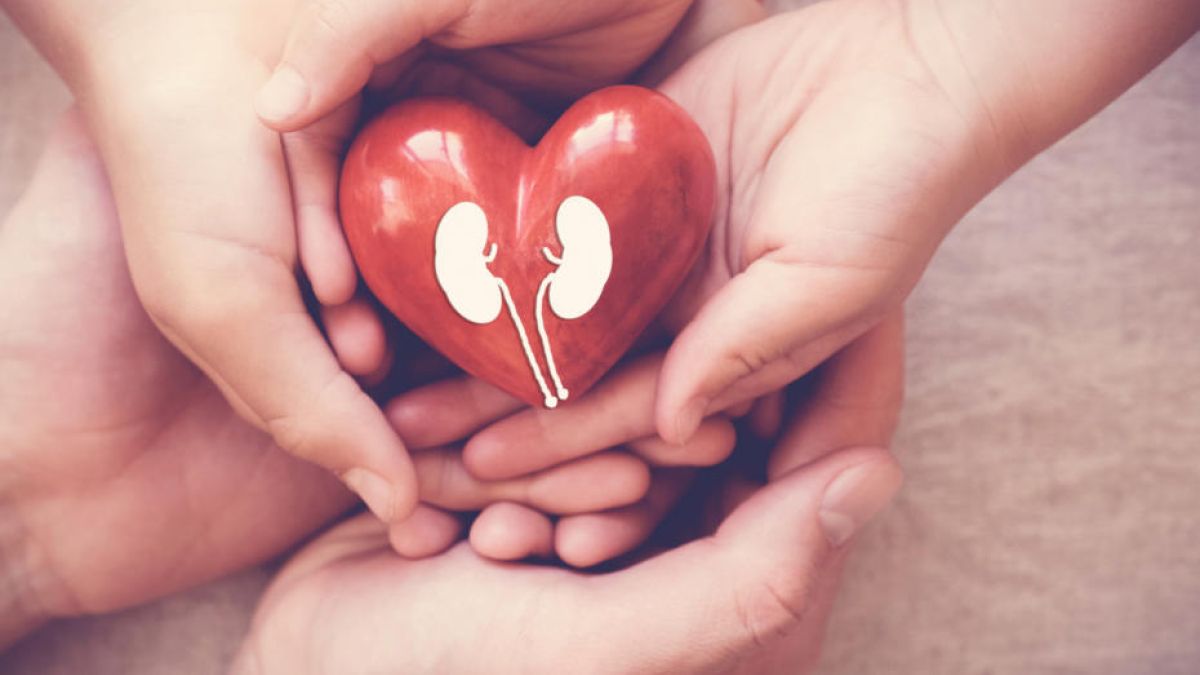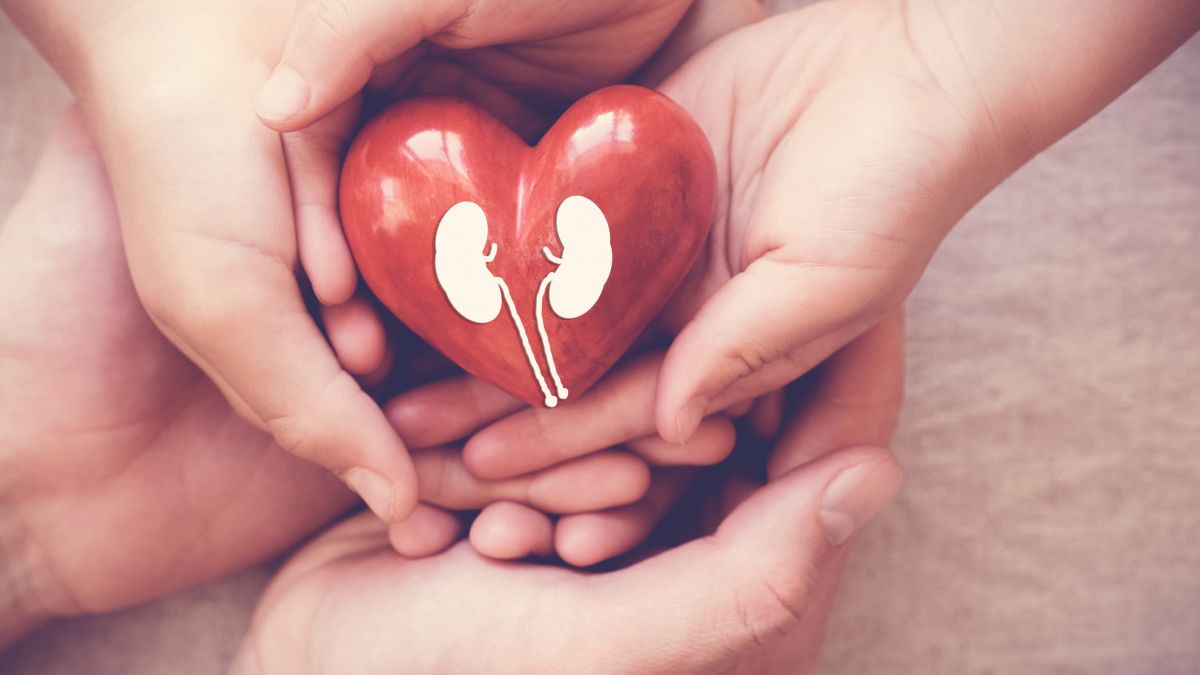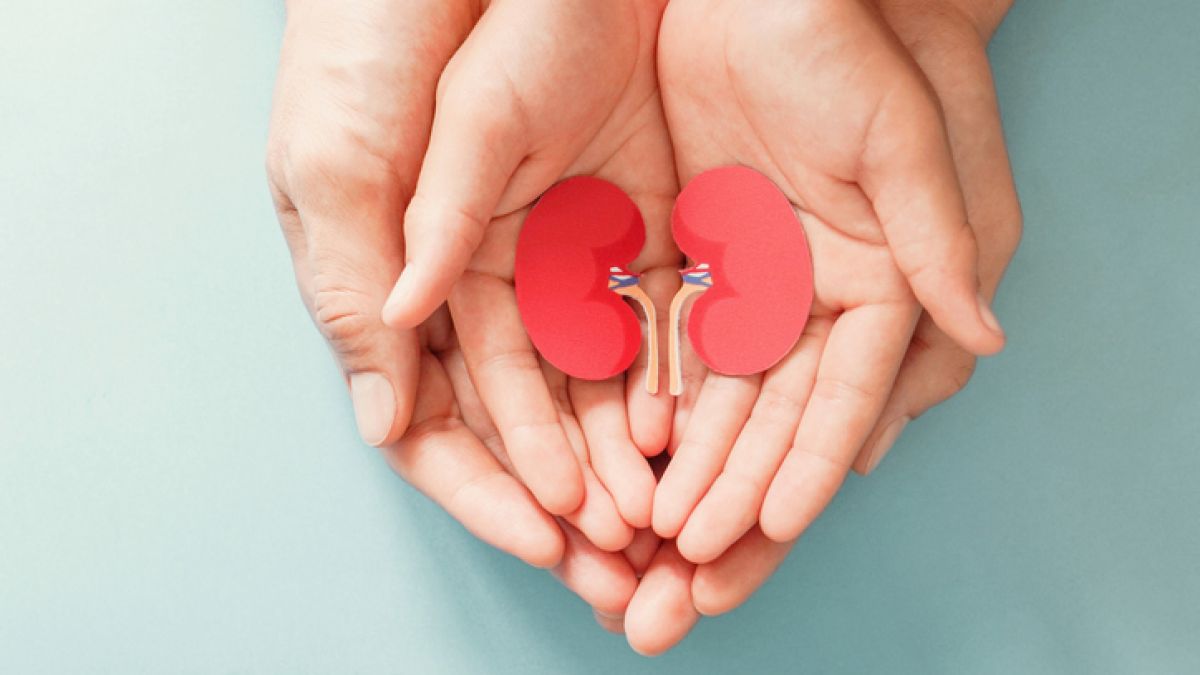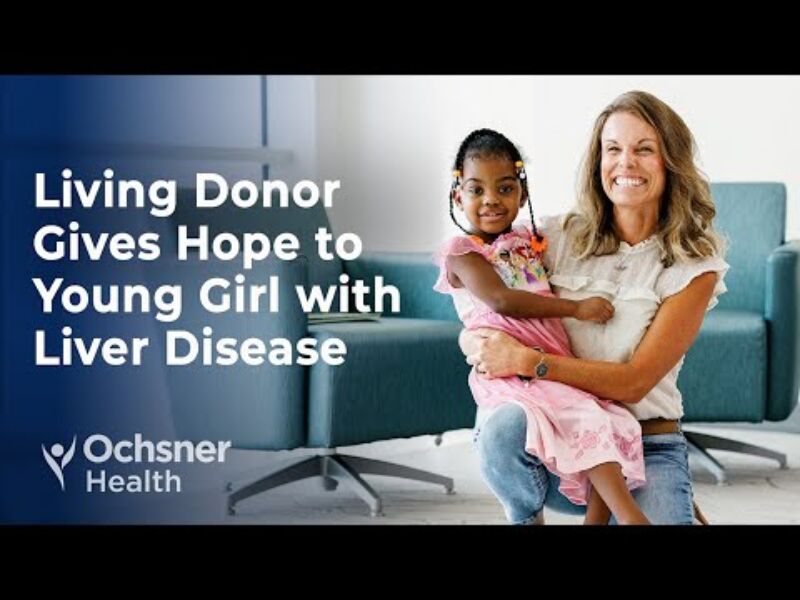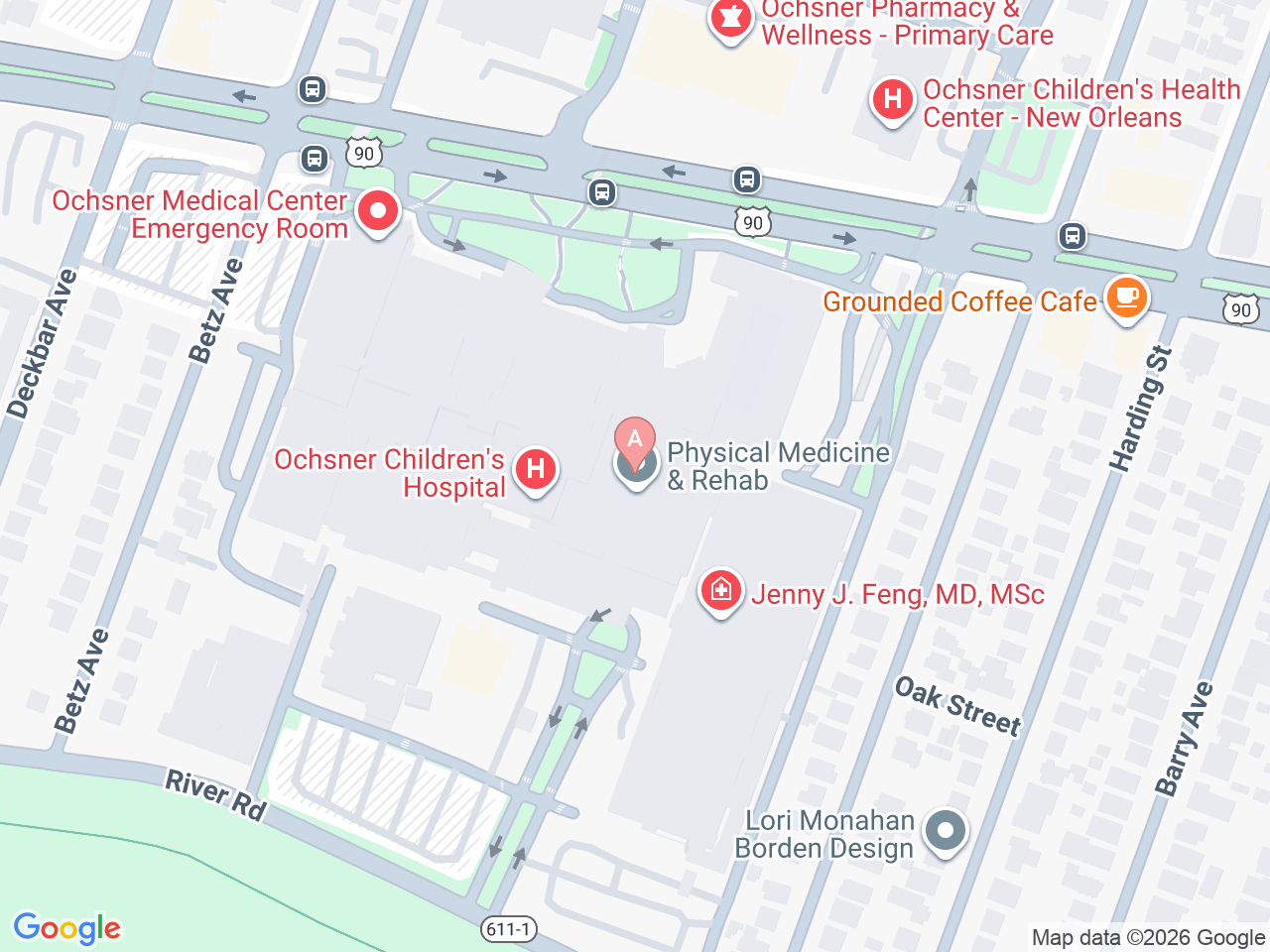Why choose Ochsner for your organ transplant?
The Ochsner Transplant Institute, located in New Orleans, Louisiana, is a recognized national leader in organ transplant surgery. As the most active and experienced transplant center in Louisiana and the Gulf South region, we are dedicated to delivering life-saving care with unmatched expertise, shorter wait times and a compassionate, patient-centered approach.

Since 1984, our world-class team of transplant surgeons, physicians, nurses, and support specialists has performed over 8,000 lifesaving liver, kidney, pancreas, lung and heart transplants. This includes groundbreaking procedures through our innovative living donor programs, such as the living donor liver transplant program and living donor kidney transplant program.
At the Ochsner Transplant Institute, we are proud to house some of the world’s foremost transplant experts, driving advancements in clinical care and research. Our commitment to innovation allows us to offer solutions for even the rarest and most complex transplant cases, ensuring that more adult and pediatric patients across the Gulf South and beyond receive the care they need.










